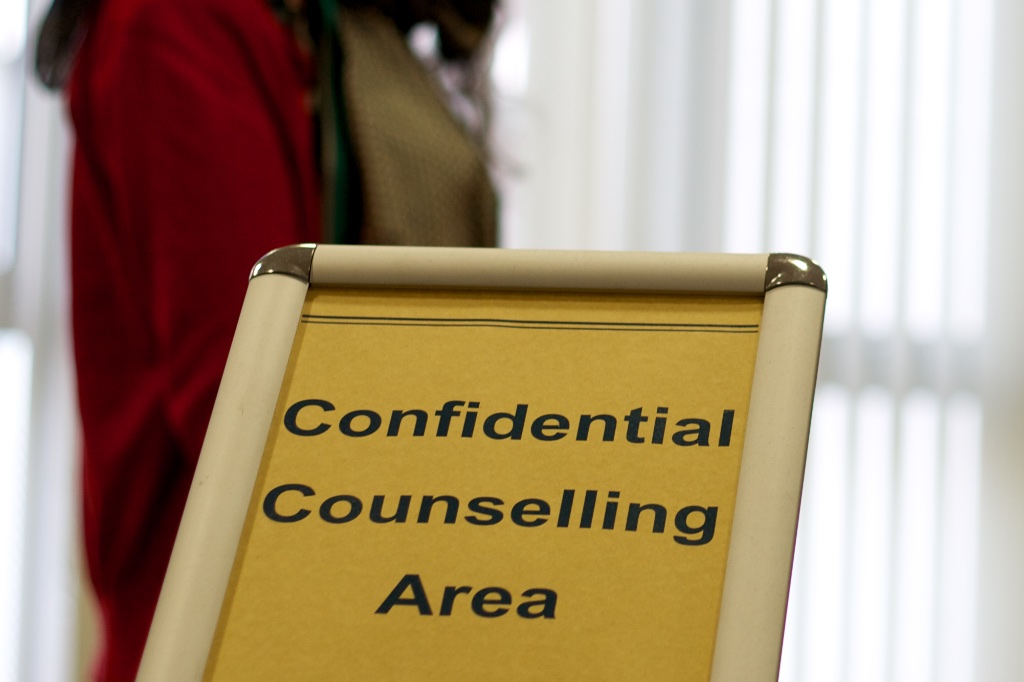Do you ever feel bad about your weight or feel pressured to meet the demands of college life whilst maintaining a “healthy lifestyle” and slim or muscular physique? Well don’t worry, you’re not alone.
College students are at greater risk than the rest of the population for developing unhealthy relationships with food, poor body image, disordered eating habits and, in some cases, eating disorders, like anorexia, bulimia or binge eating disorder. These issues can arise due to increased workload: managing new social contexts, making new friends, transitioning from home to college life, homesickness, greater independence and daily responsibilities.
In addition, many of us scroll through Instagram looking at personal trainers’ six-packs or size zero Victoria’s Secret supermodels preparing for their annual fashion show and then promise ourselves “I’m going to be good today” or “diet starts on Monday”.
However, we then find ourselves milling through a Doritos sharing pack in the library or opting for the convenient chicken fillet roll and then feel guilty about it. However, because these thoughts and phrases have been accepted as social norms, it can be difficult to identify when these behaviours become problematic.
If you think about food or your weight and appearance more than you think is “normal” or the guilt, shame and anxiety you experience after a binge is affecting you, then it may be time to seek help
For now, here are some tips. Many of us can skip meals, eat more, snack often or exercise excessively to alleviate stress. These are all natural coping mechanisms to stressors. However, the important thing is to recognise if a healthy balance starts to slip out of your routine. It is important to find a healthy way of dealing with the demands of college life. Think about the different ways that you can relieve the pressure for you or create a study plan that incorporates breaks and meal times to avoid skipping meals or snacking mindlessly. Don’t allow yourself to become isolated, your friends and family members can help and support you
Fiona Flynn, Youth Development Officer at Body Whys, wants us to understand the importance of learning to love our bodies and spend less time obsessing over images depicted in the media. She recommends not to focus on the bad things about your body, and to appreciate the good. To achieve this, she suggests writing down one good thing about yourself every day, which has shown to improve self-perception. The images we see on social media are filtered and airbrushed and require a glam squad and a team of personal trainers. Remember, people can look perfectly normal on the outside but might be struggling on the inside. Even those who are aware of their problem can find it difficult to seek help.
Some can feel dependent on their way of eating in order to cope and others enjoy the praise they receive from being underweight. If you are worried about your or a loved one’s eating habits and/or body image concerns, please see the Student Counselling Service for help.
Rebecca Corr Assistant Psychologist Student Counselling Service.







